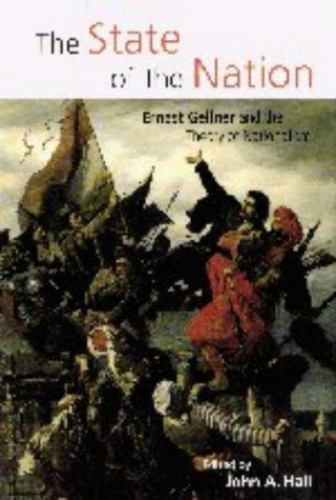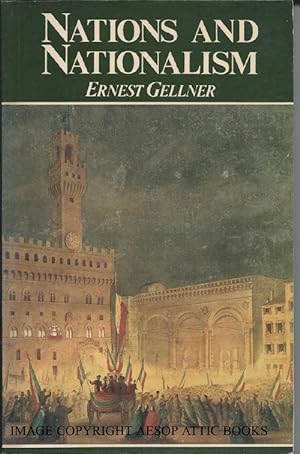


Even so, as ideal types, concepts and theories offer a foil of comparison and contrast that can help facilitate communication between scholars working in different chronological and geographical areas.

As this and subsequent chapters will show, there is now a movement away from the grand theories of nationalism (to which all students in the field remain indebted) and towards more specific conceptual debates and controversies. Most historians will always remain highly sceptical of general theories of nationalism, and a spate of innovative recent case studies has increased rather than removed existing doubts regarding their general applicability. Not because these models provide answers to key questions. While genuine progress in the study of nationalism will always result from innovative historical research, it is nevertheless important that historians continue to engage with the theoretical frameworks available. Why start this book with a chapter on theories and concepts? The question is worth posing.


 0 kommentar(er)
0 kommentar(er)
